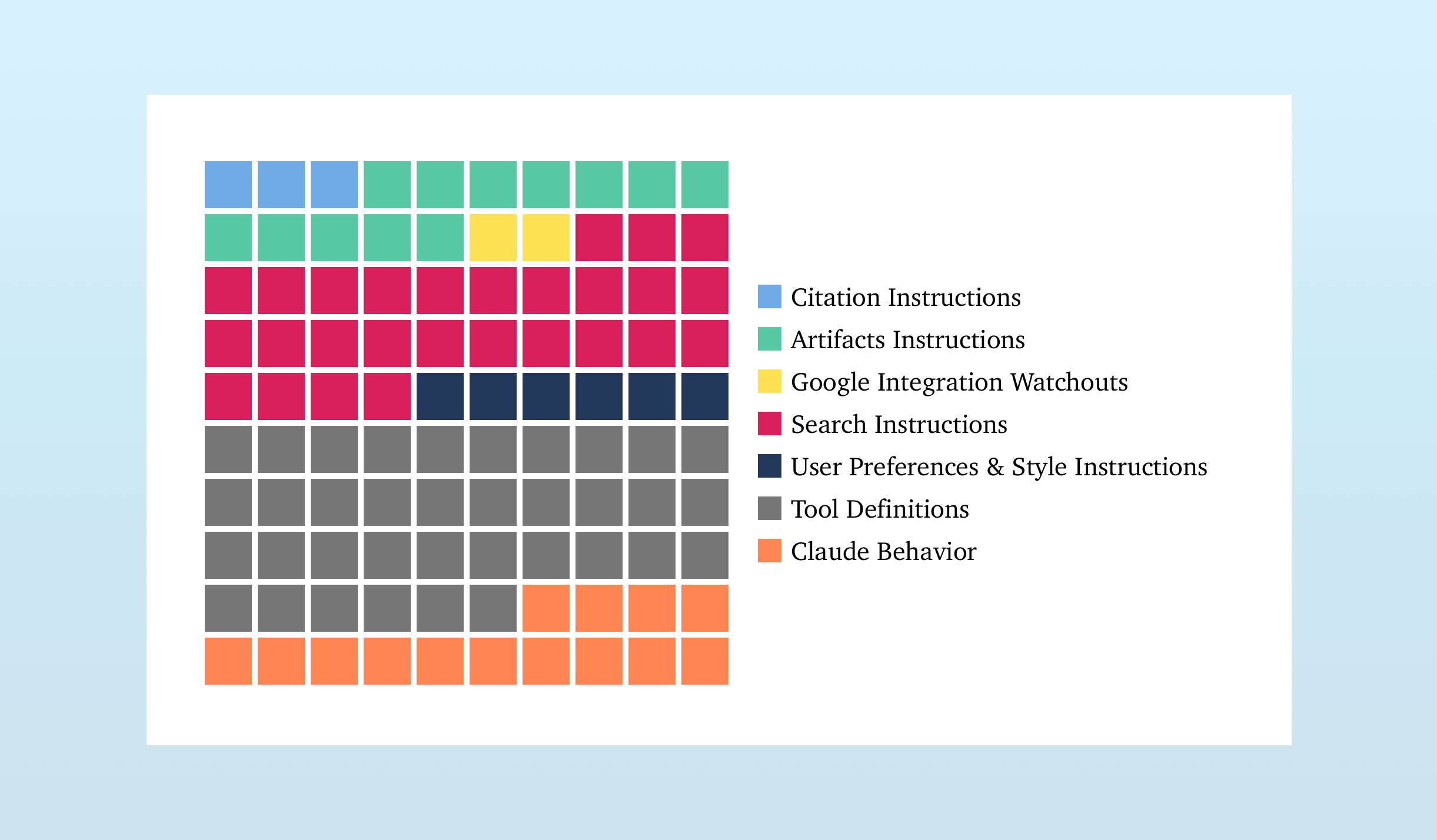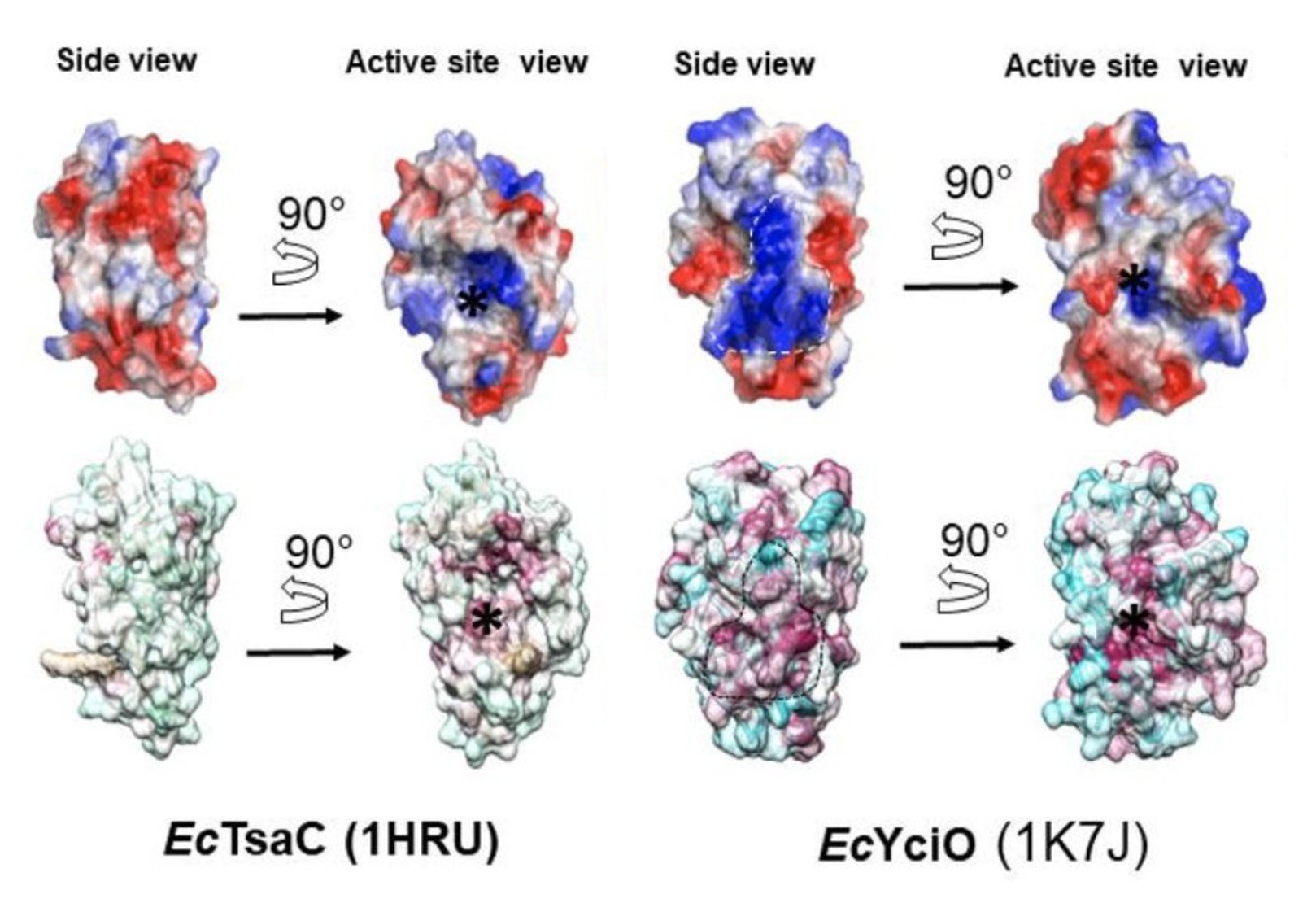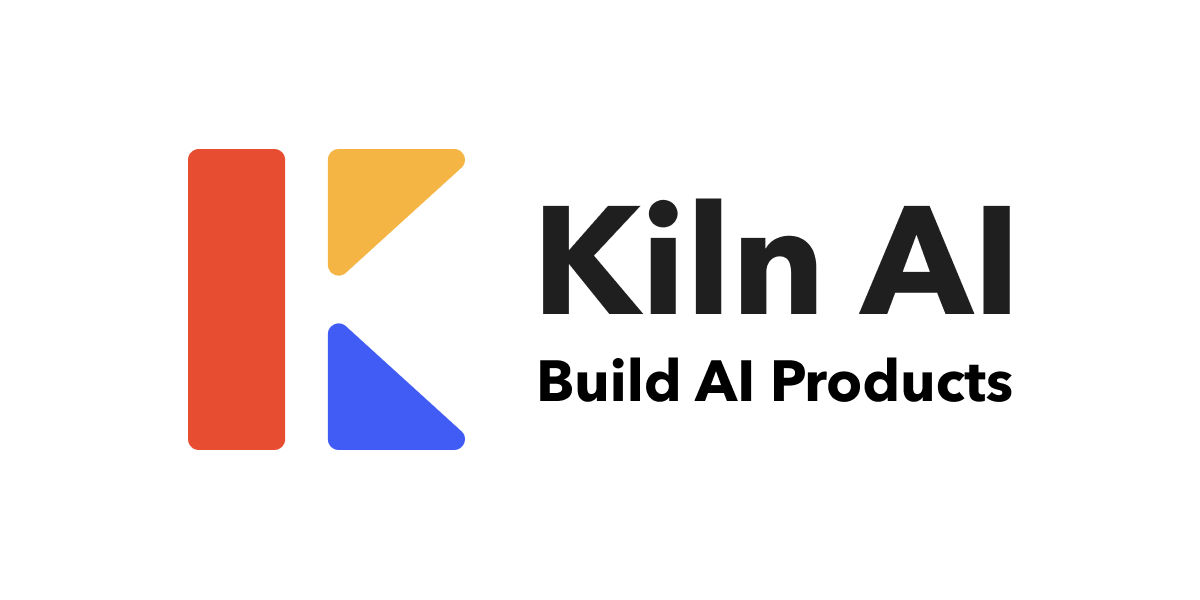X Platform Bans Third-Party Use of Data for AI Model Training

Elon Musk's X platform has updated its developer agreement, prohibiting third parties from using its content to train large language models. This follows xAI's acquisition of X in March, aimed at preventing competitors from accessing data freely. Previously, X allowed third-party use of public data for AI training, highlighting a shift in its data protection and competitive strategy. This mirrors similar moves by platforms like Reddit and Dia browser, reflecting a growing cautiousness within tech companies regarding AI data usage.















.webp)

